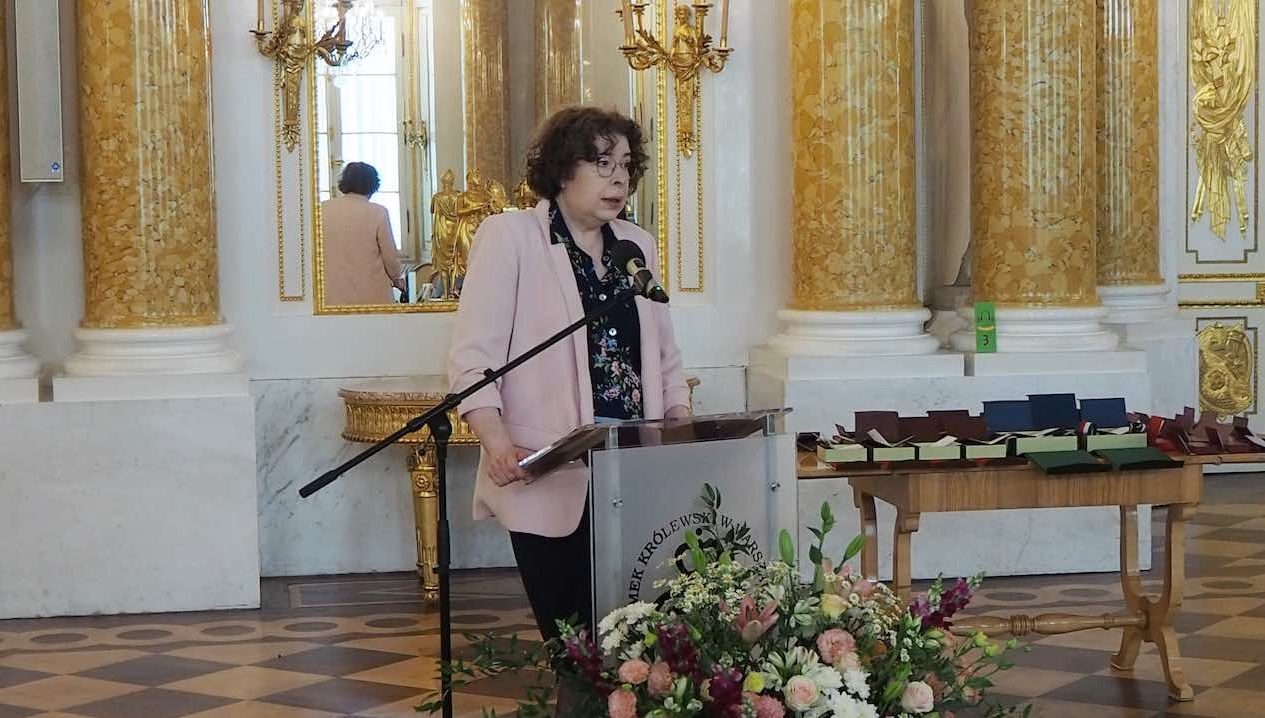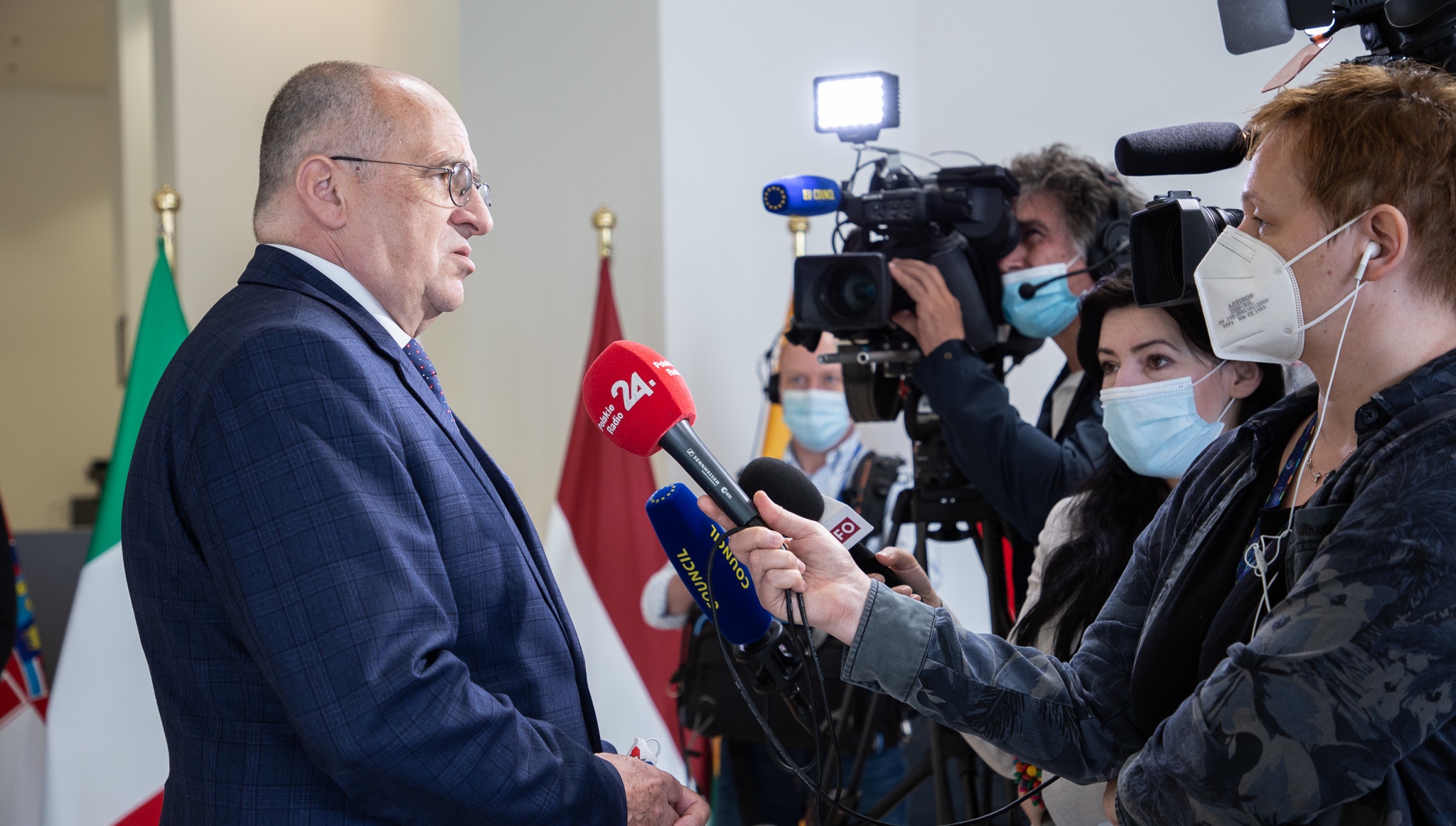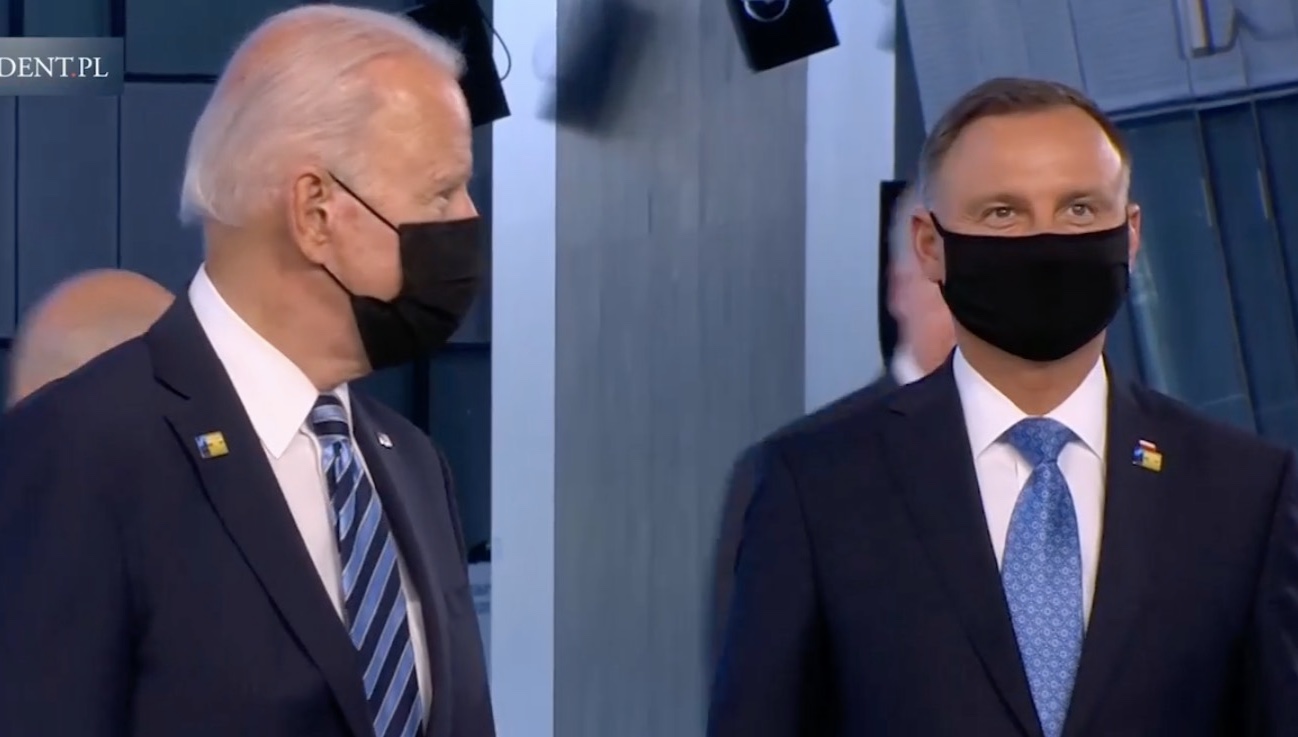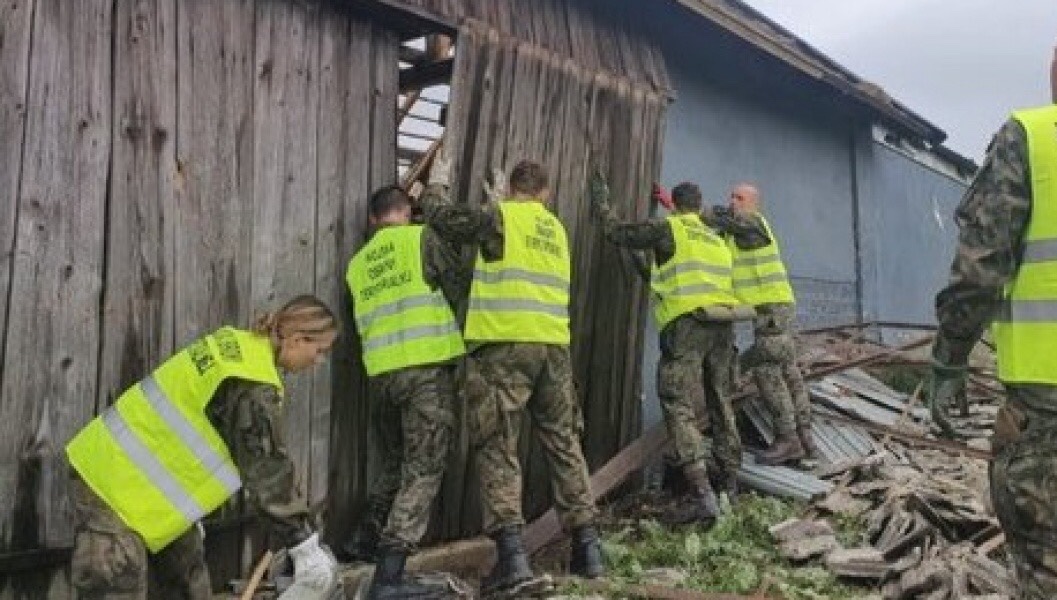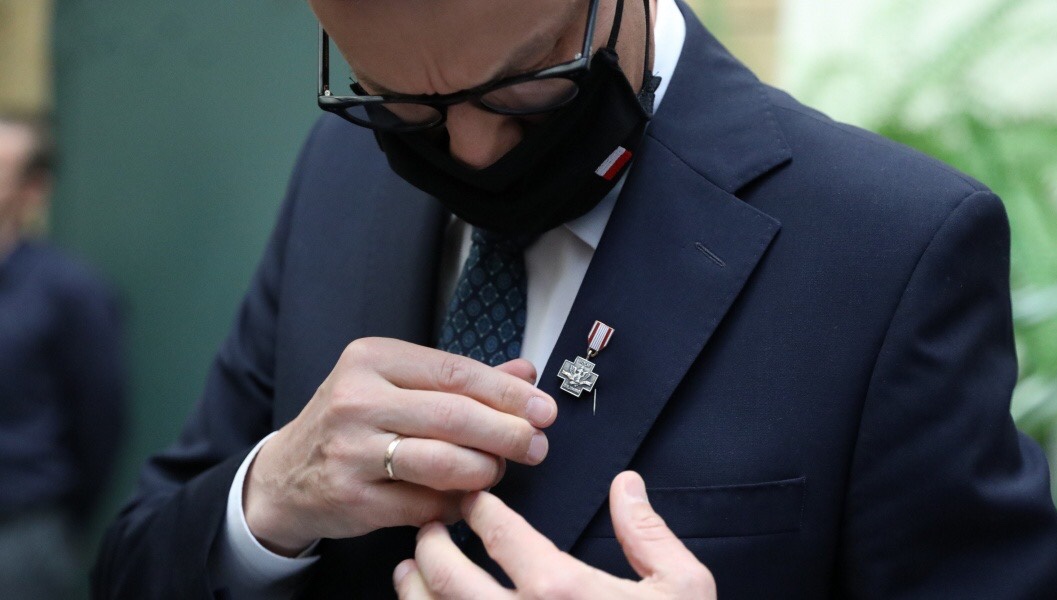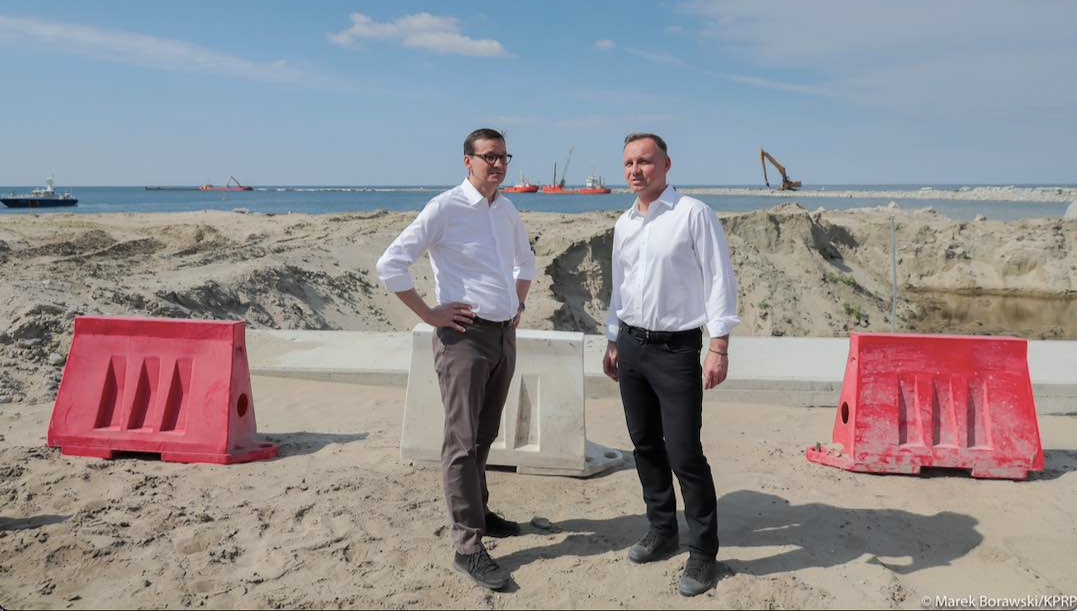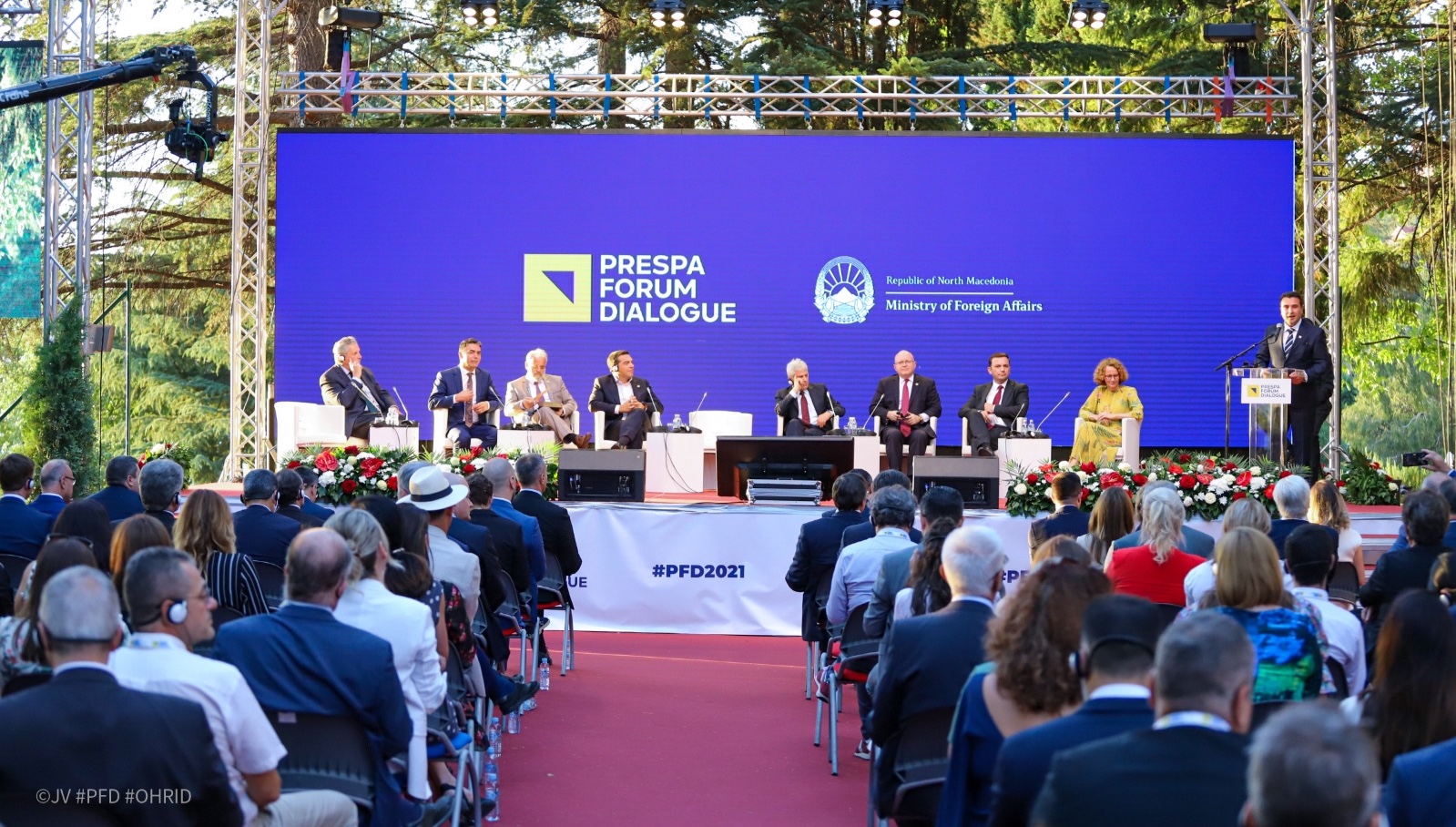The European Commission has raised its forecast for Poland’s GDP growth in 2021 from 4% to 4.8%. At the same time, it estimates that the Polish economy will grow by 5.2% next year (it previously forecast 5.4%).
According to the estimates of EU officials, inflation in Poland will amount to 4.2% this year and fall to 3.1% next year.
“After a mild decline in economic activity in late 2020, Poland started 2021 on a strong economic base” – reported the EC.
Union officials expect the recovery to gain momentum in the second and third quarters as business restrictions are gradually lifted.
They estimate that private consumption will be supported by rising consumer confidence and the spending of accumulated household savings to spur consumption growth. Private investment is also expected to remain robust on the back of the improved business sentiment, investment from the Reconstruction Fund and low borrowing costs, which are also likely to support a recovery in the construction sector.
In terms of foreign trade, both exports and imports are expected to recover strongly in 2021 and 2022. However, after a sharp decline in 2020, imports will grow faster than exports.
Inflation, as the Commission reports, increased markedly in the first half of 2021 due to higher energy prices, supply chain disruptions and increased costs for businesses.


